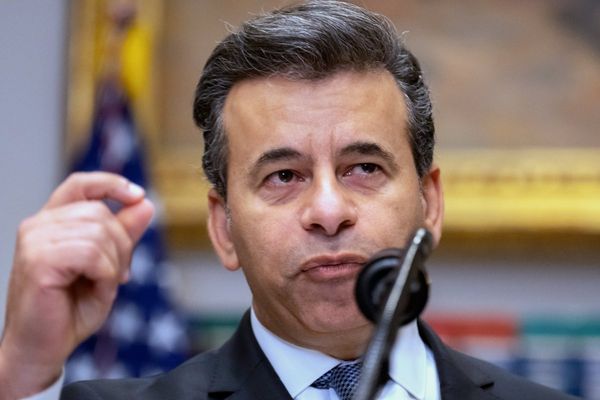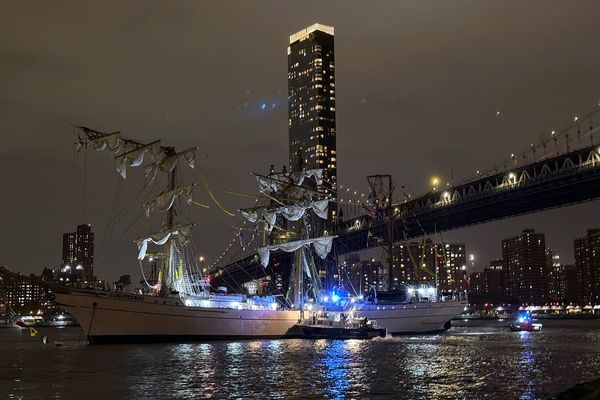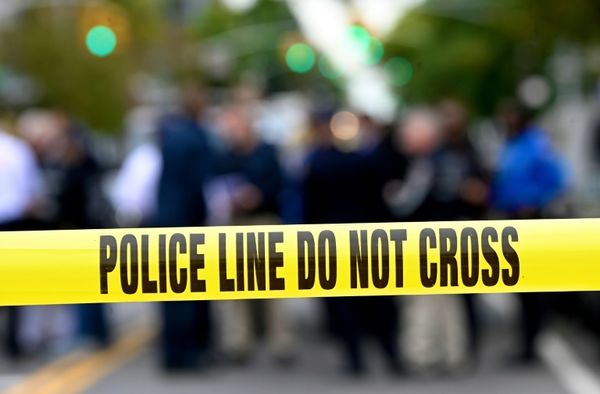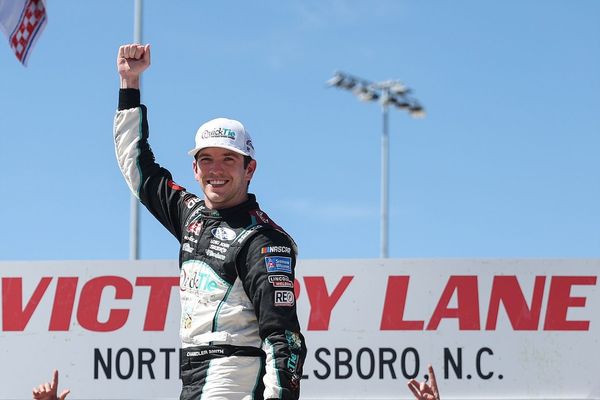
The standout moment from last night’s thoughtful, unflinching but generous-hearted documentary by journalist Gary Younge (of this parish), Angry, White and American (Channel 4), had already gone semi-viral on social media before the programme aired.
As part of his examination of the mental, economic and emotional state of white America, Younge interviewed Richard Spencer, an influential figure in the “alt-right” movement – and coiner of the term, “which I think,” said Younge carefully, “is a new word for ‘fascist’”. Spencer was also a featured speaker at the violent “Unite the right” protest in Charlottesville this summer that left three people dead, including anti-fascist protester Heather Hayer.
What happened in Charlottesville on 12 August?
White nationalists gathered in Charlottesville, Virginia, to protest against a plan to remove a statue of Robert E Lee, the Confederacy’s top general in the American civil war.
Demonstrators chanted racist statements, carried antisemitic placards and held torches during the “Unite the Right” rally, which was organised by white nationalist Jason Kessler.
The march was met by anti-fascist demonstrators, and some skirmishes broke out before James Fields, 20, allegedly ploughed a car into a group of counter-demonstrators.
Civil rights activist Heather Heyer, 32, died and others were injured. Fields has been charged with murder.
It is already quite something to read about these people and what they say and what they believe. It is something else again to watch one of them say it on camera to a black journalist interviewing him for broadcast.
“Africans have benefited from their experiences with white supremacy ... how can you deny that?” Spencer asks. Younge denies it, passionately and eloquently.
Spencer exults in Donald Trump’s victory. Although he doesn’t think the president shares his full vision, “People are now aware of the term ‘alt-right’, my name, that there’s a whole other right [wing] out there based in identity and race.”
There is no world history without the white man, asserts Spencer – “We are the genius that drives it” – before, in essence, telling Younge to go home. He does not mean to England. “You will never be an Englishman.” Why, wonders Younge. “Because my name is Richard Spencer.”
The rest of the film functioned as a riposte to such mindless bigotry, as Younge dug slowly down through the layers of contemporary circumstance, experience and history to find how it is that Spencer’s sentiments are taking root again.
First, there is the sense that, as the day approaches (within a generation) that white people will become a minority, that their – well, they would call it culture, others would call it privilege, so let’s split the difference and call it way of life – is under threat. There is the real decline in income and job security since the 50s and the death of the American dream that things can only get better. And there is the opioid crisis, from which more Americans died last year than in the whole of the Vietnam war. The victims are disproportionately white. That it has been primarily defined as a health crisis – unlike the similar situation with crack cocaine that unfolded in the black community in the 80s, which was defined as a social problem to be solved by incarceration on a massive scale – is, Younge notes with characteristic scrupulousness, “both progress and the definition of white privilege”.
White people are now the only group whose life expectancy is decreasing. “They’re dying of despair,” says Younge. But is it the despair that comes from poverty, unemployment and genuine injustices being perpetrated against them? A rightful sense of abandonment by governments of every stripe? Or a manifestation of the fact that when you have had every advantage, parity feels a lot like deprivation? (To wit: the unselfconscious whining of the moneyed couple who feel perennially “judged” as white southerners, despite being just about everything you may have heard about white southerners. “It hurts us inside!” they wail.) Or all of the above?
As he drives out of Mississippi at the end of his journey through the US and its fracturing psyche, Younge – full of grace and insight even at his most combative moments – says he feels that, “Fear is winning. America is losing.”
Apropos absolutely everything – the other major documentary last night was the opening of a four-part series looking at the life of Trump (Trump: An American Dream, Channel 4). Archive footage of a younger, paler and – most strikingly of all – perfectly articulate Trump and his acolytes, business associates, employees, wives, lawyers and diabolical father Fred illustrated the biography. The commentary on it was provided mostly by those who had stood on the sidelines, jaws dropping ever further south, as the Trump family’s ego, tactics and all-round monstrousness grew to the gargantuan proportions we know and love today.
Thanks to his father’s savvy and connections and the help of lawyer Roy Cohn – McCarthy’s chief counsel during the Red Scare and “the most repulsive man I ever met in my life”, according to Wayne Barrett, then an investigative journalist for the Village Voice – the Trump empire grew. Trump got everything he wanted. On the rare occasion that he found himself thwarted by someone incorruptible or uncowable, he knew what to do. “I’ll wait for a more progressive administration and for bad times. When bad times come, I’ll get whatever I want.” They’re here, and so is he. Or he’s here and so, they are.
Either way, America – and all of us – are losing.







